Israel’s major air strike operation deep within Iranian territory last night was unprecedented, reportedly targeting over twenty military sites in a coordinated, multi-wave attack. For the first time, Israel not only conducted such a large-scale operation but also openly acknowledged it as it unfolded. According to Israeli sources, the operation achieved its objectives, dealing a decisive blow to the Iranian regime’s military infrastructure.
The entire mission returned safely to Israel, sending a clear message of the Jewish state’s total aerial superiority over Iranian defenses, all while presumably avoiding or minimizing civilian casualties. Yet despite these early indications of success, the full scale of the damage remains unconfirmed, and Iran’s attempts to downplay the event underscore the tension and complexity surrounding this significant moment.
Israel’s approach was both precise and restrained. Reportedly targeting missile production facilities, air defense systems, and strategic Revolutionary Guard (IRGC) installations, Israel carefully avoided nuclear and oil infrastructure to limit the risk of a large-scale escalation and to placate the US. The decision not to attack these high-value assets highlights a calculated strategy: Israel is sending a clear message to Iran that its growing regional power and threats will not be tolerated, without pushing for a full-scale confrontation. The Biden administration, in its dying days, continues to hold Israel back from full-scale action in Iran, even potentially leaking highly sensitive intelligence of its military plans and absurdly suggesting Israel "take the win" following the Iranian regime’s initial massive direct barrage on Israel some months ago.
Iranian defenses appear to have been overmatched, leaving Tehran unable to effectively intercept Israel’s highly coordinated and sophisticated strikes. This outcome is more than a tactical success; it is a potential humiliation for Iran, exposing weaknesses in its defenses and signaling that even its most fortified sites remain vulnerable to Israel’s advanced capabilities. By targeting military infrastructure, Israel’s strikes should have kept the US onside, and also crucially Iranian civilians, too.
Overnight, Israel made clear that its national security cannot be overridden by external restrictions, pursuing its objectives decisively and independently. Washington’s physical involvement remains limited, though the presence of at least 100 US soldiers operating the THAAD air defense system in Israel signifies a level of commitment that should provide Tehran with food for thought about its next move.
In the past, Israel and Iran have largely avoided direct, large-scale engagements. But with Iran’s escalating missile programs, its support for proxy forces, and its unrelenting drive for regional control, Israel views these developments as existential threats that cannot be ignored. Israel’s openly acknowledged air strikes indicate an assertive new phase in its defensive posture, one that confronts Iranian aggression directly and unapologetically. By publicizing the strikes as they unfolded and returning all aircraft safely, Israel has conveyed a message to Iran — and the world — that it is both capable and willing to defend its security, while responsibly listening to its allies’ calls for restraint.
In typical fashion, Iranian media is working overtime to control the narrative, downplaying the strikes and claiming only minimal damage. State-aligned outlets, including the IRGC-affiliated Tasnim News Agency, have dismissed reports of extensive damage, calling them exaggerated and labeling Israeli statements as psychological warfare. This pattern is consistent with Iran’s previous responses to strikes on its soil, as the regime seeks to maintain an image of stability and strength. But past incidents have shown that Iran’s initial reports are often misleading, aimed at suppressing domestic concern and projecting resilience.
The true extent of the damage will likely become clearer as satellite imagery becomes available. Given the precision and scale of Israel’s strikes, it is probable that Iranian military assets sustained significant losses, despite Tehran’s denials. For Israel, this downplaying by Iranian media could indicate that Iran is considering a restrained response — a containment strategy meant to avoid escalating the conflict to unmanageable levels. However, even if Iran chooses to publicly downplay the impact, the real damage to its infrastructure may take some time to repair and will likely hamper its regional influence in the interim.
The rumoured activation of air defenses over the residence of Iran’s supreme leader in Tehran may indicate specific retaliation for a recent Hezbollah-directed drone strike on Prime Minister Benjamin Netanyahu’s private residence in Caesarea.
By targeting air defenses and missile infrastructure, Israel has effectively created a window of opportunity in Iranian air space. This raises the possibility that these strikes are merely a precursor, preparing the ground for potential future operations aimed at higher-value targets, including nuclear facilities. The Israeli Defense Forces confirmed that Israel now enjoys "greater freedom of action in Iranian airspace" — a clear indicator that the operation has established the conditions for further engagements if necessary.
This strike raises questions about Israel’s long-term strategy. Israeli leaders have often stressed that Iran’s nuclear program is an existential threat, yet the absence of nuclear sites from the target list suggests that Israel is prioritising containment over escalation — for now. This restraint could be a strategic choice, allowing Israel to keep the nuclear option open while degrading Iran’s immediate military capabilities.
The operation’s reported name, "Days of Repentance," is laden with symbolism. Likely a reference to Yom Kippur, Israel’s holiest day, this choice may suggest that the attack was initially planned for an earlier date and postponed for optimal conditions. The name also underscores the gravity with which Israel views its current struggle against Iran — a mission of defense, carried out with precision and restraint. It conveys Israel’s readiness to protect itself against any existential threat, even if it means taking bold, high-stakes action far beyond its borders.
For now, Iran’s response remains a critical unknown. Tehran reportedly scrambled fighter jets in western Iran, potentially preparing for an escalated response, though thus far the regime seems more focused on damage control and image management than outright retaliation. Iran’s emphasis on routine in major cities, civilian flights operating as normal, and "business as usual" messaging all suggest a calculated attempt to downplay the Israeli strikes and avoid provoking further conflict. The presence of US forces in Israel and Washington’s warnings may also be contributing to Tehran’s caution.
Yet, Israel’s operation has likely inflicted severe damage on Iran’s infrastructure. If the operation was indeed meant to set the stage for future actions, Israel may have made headway in reshaping the security landscape, gaining a tactical advantage that it could use in the coming months.
The Israeli strikes mark a new phase in the enduring conflict between Israel and Iran, one in which Israel has taken a bold, public stance against Iran’s ambitions. Much remains unanswered for now. As satellite imagery and independent analysis emerge, Iran’s efforts to minimize the damage will be challenged. Is the clue in Israel’s name for the operation that this is just the start in "days" of activity? For now, this operation has demonstrated that Israel will act decisively and unilaterally to secure its defense, despite heavy external pressures. In this new era, Israel’s message to Iran and the world continues to be heard clearly unmistakably: threats to its survival will be met with precision, determination and resolve.
This article was originally published on The Spectator’s UK website.



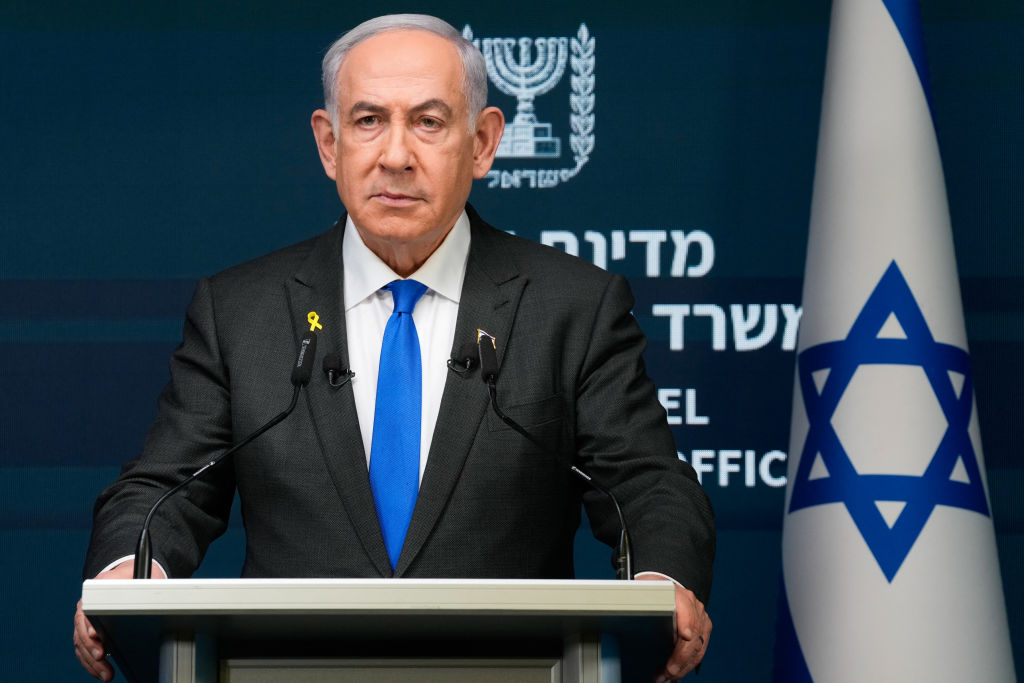







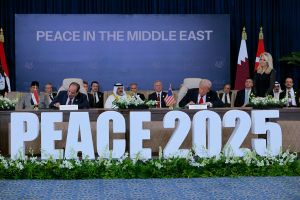

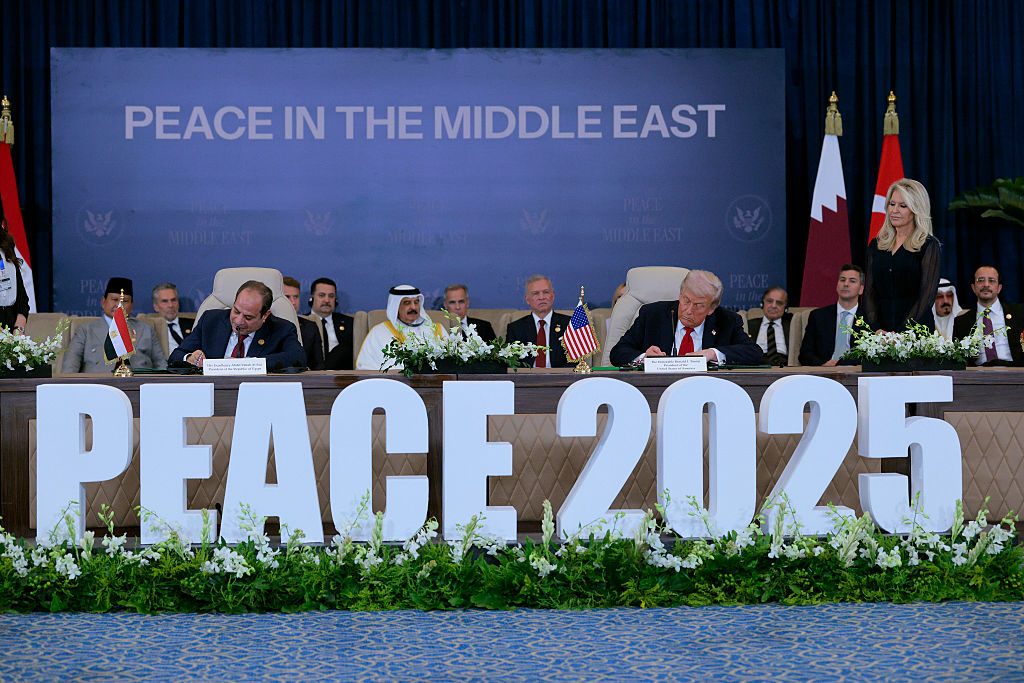

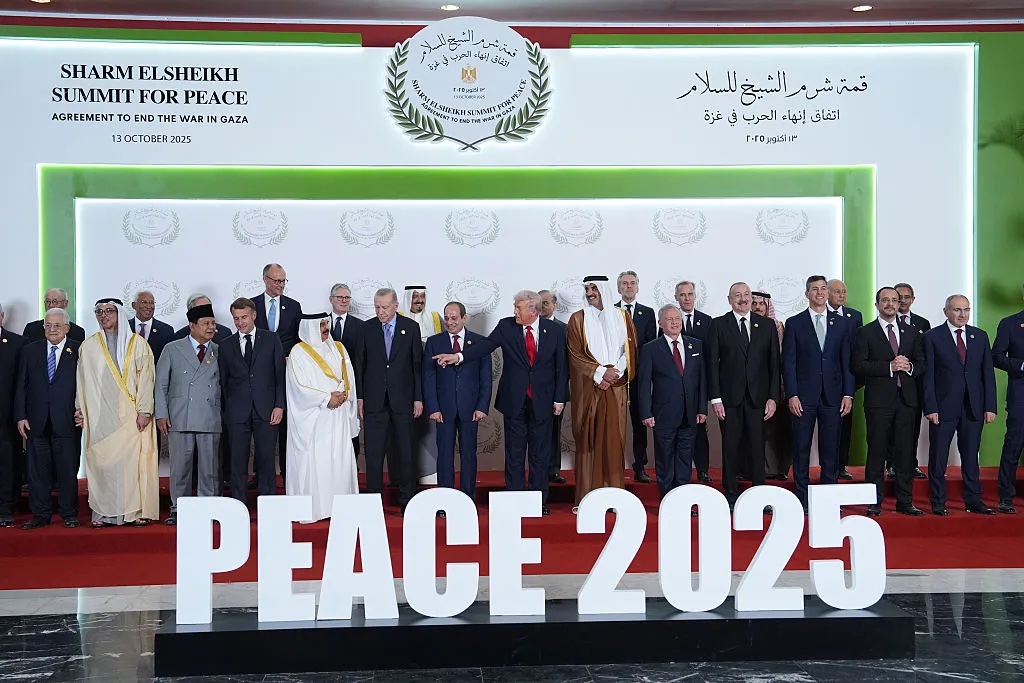
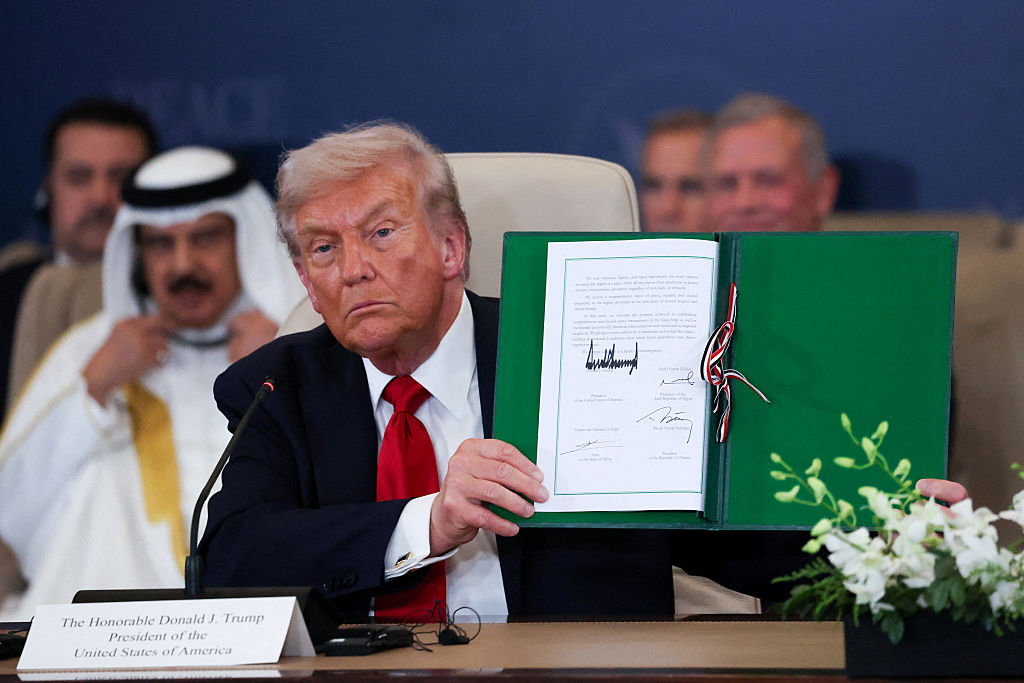
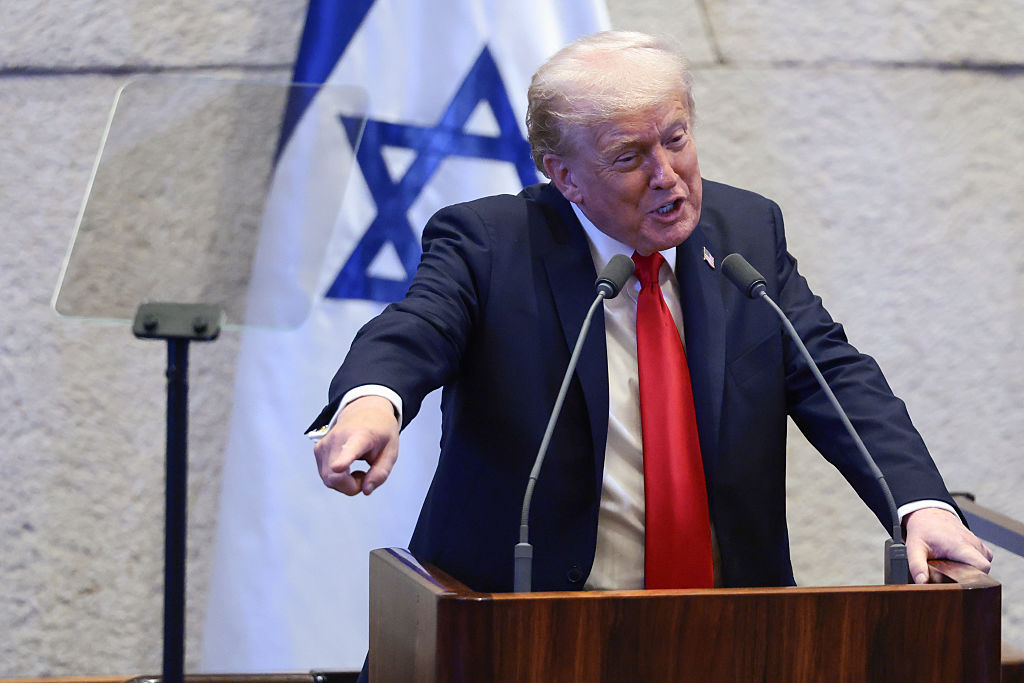








Leave a Reply